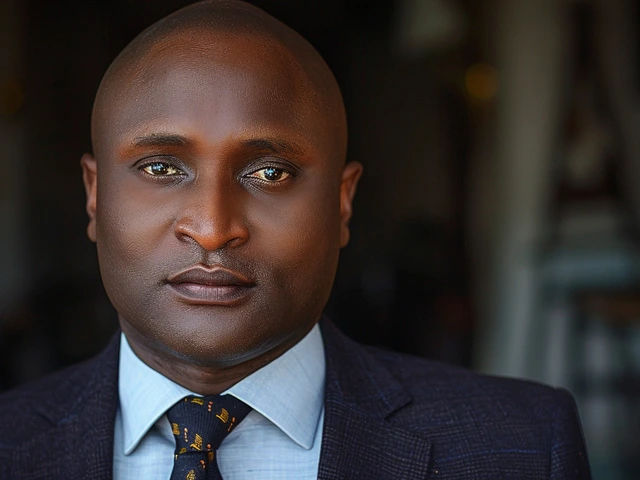Neurological symptoms: recognize warning signs and next steps
Sudden weakness, speech trouble, or a new severe headache are not things to shrug off. Neurological symptoms can come from many causes — stroke, nerve damage, infection, medication effects, or chronic conditions. The faster you spot the right warning signs, the faster you get the right care.
Common symptoms and what they may mean
Numbness or tingling that comes on suddenly, especially on one side of the body, can point to a stroke or a pinched nerve. If it builds slowly, think nerve compression or peripheral neuropathy from diabetes or vitamin problems. Dizziness or balance problems may be inner ear issues, low blood pressure, or problems in the brainstem or cerebellum.
New or severe headache, especially with stiff neck, fever, or confusion, could be a bleed or meningitis and needs urgent attention. Sudden vision changes, double vision, or trouble reading usually mean you should be seen quickly. Slurred speech, drooping face, or arm weakness are classic stroke signs — remember FAST: Face droop, Arm weakness, Speech trouble, Time to call emergency services.
Seizures, sudden confusion, or sudden, severe memory loss are other red flags. Mild memory lapses, slow thinking, or mood changes that develop gradually can point to chronic issues like dementia, depression, or medication side effects.
What to do now: tests, what to tell your clinician, and emergencies
If symptoms are sudden or severe, call emergency services now. For less urgent or gradual symptoms, make an appointment with your primary care doctor or a neurologist. Bring a simple timeline: when the symptom started, how it progressed, what makes it better or worse, recent injuries, infections, or new medications. Note other medical conditions like diabetes, high blood pressure, or history of stroke.
Common tests you may see: CT or MRI scans to check the brain, blood tests to look for infections or metabolic issues, nerve conduction studies and EMG for peripheral nerve problems, and sometimes lumbar puncture if infection or inflammation is suspected. Your doctor will choose tests based on the pattern of symptoms.
Treatment depends on the cause. Strokes need immediate clot-busting or clot-removal treatments. Infections require antibiotics or antivirals. Chronic nerve pain may be managed with medications, physical therapy, or lifestyle changes like better blood sugar control and vitamin replacement. If a medication is the likely cause, stopping or switching it might fix the problem.
Keep a short symptom diary, list current medicines and doses, and bring a family member if possible — other people often notice things you miss. If you need help finding reliable medications or want tips on managing side effects, Pharmstore.com has guides and trusted resources to help you ask the right questions at your appointment.
If you are unsure whether a symptom is serious, trust your gut. Quick action can save function and even lives.

Curious if massage can help with tremors? This guide breaks down what causes tremors, explores how massage therapy affects symptoms, and shares tips for getting the best results. Get real stories, practical advice, and a clear look at the science—so you can decide if massage is worth a shot for tremor relief.
Chris Gore May 11, 2025




